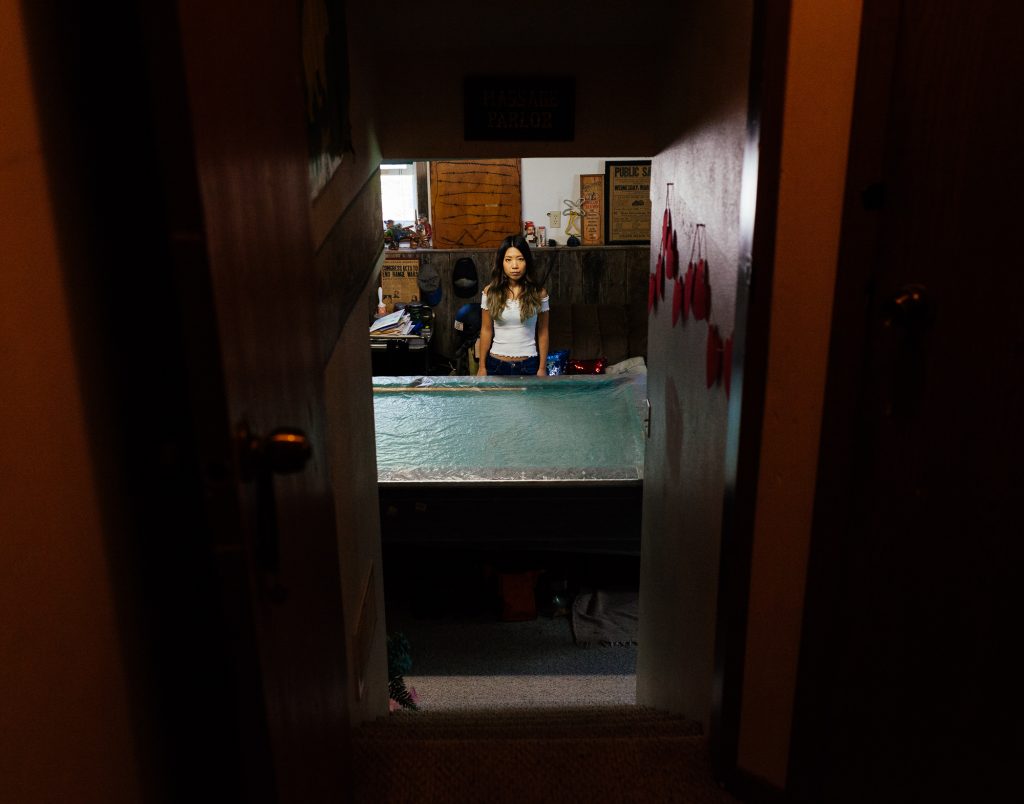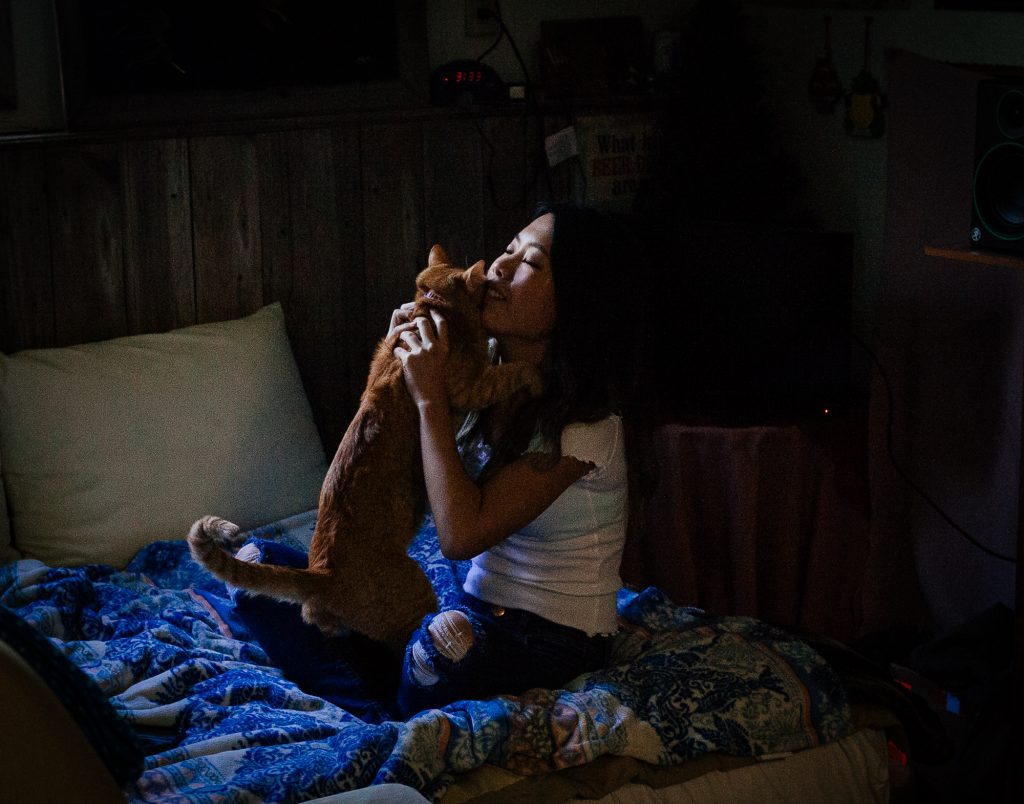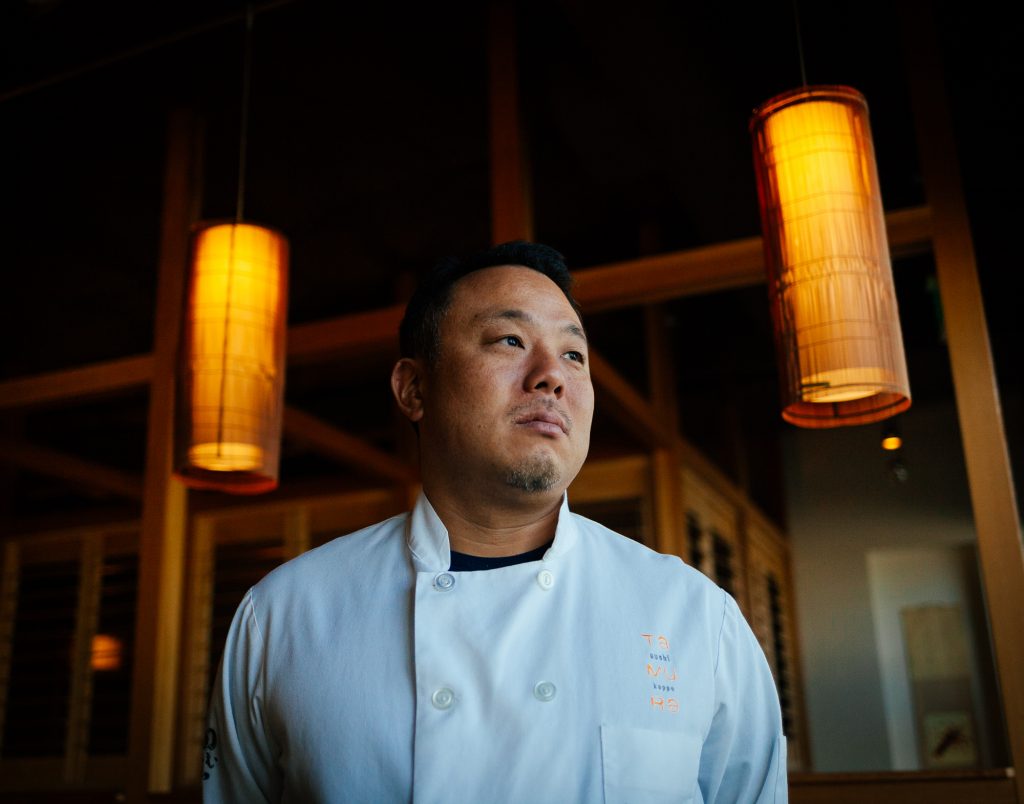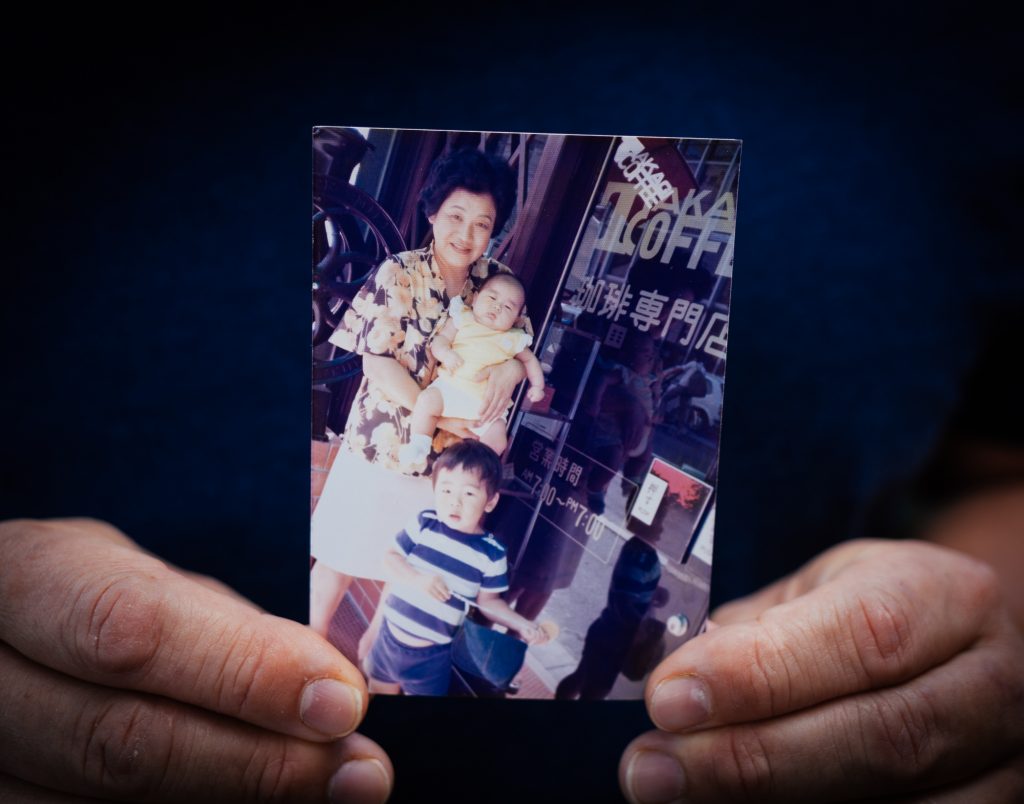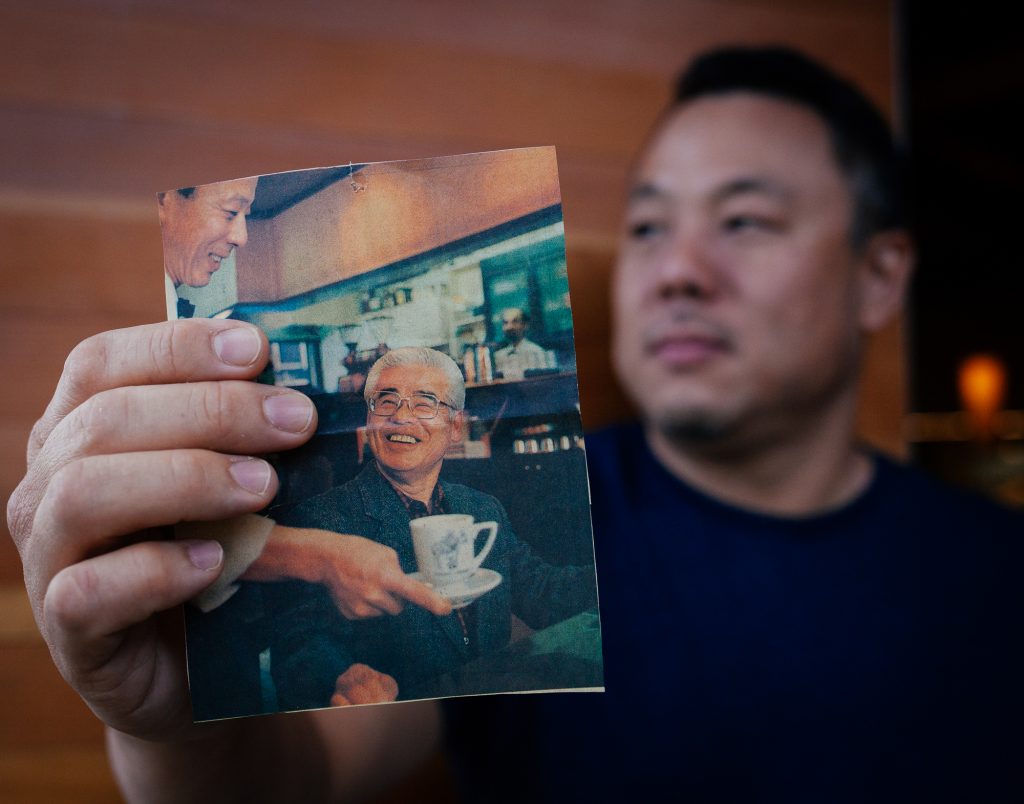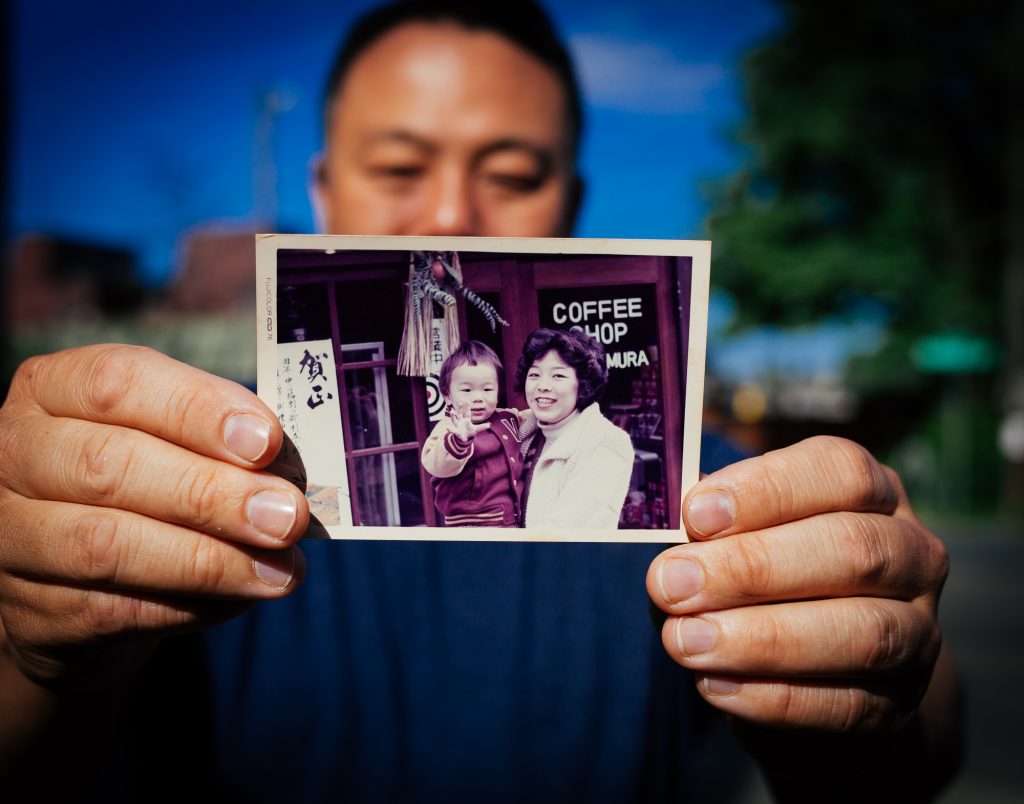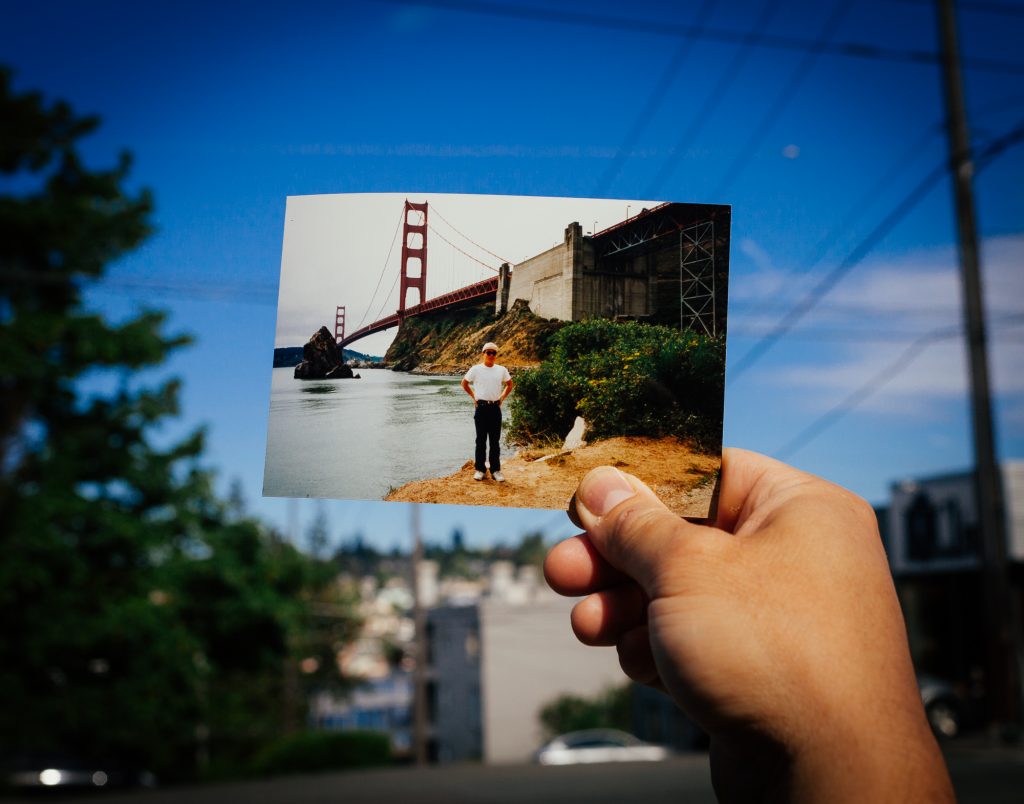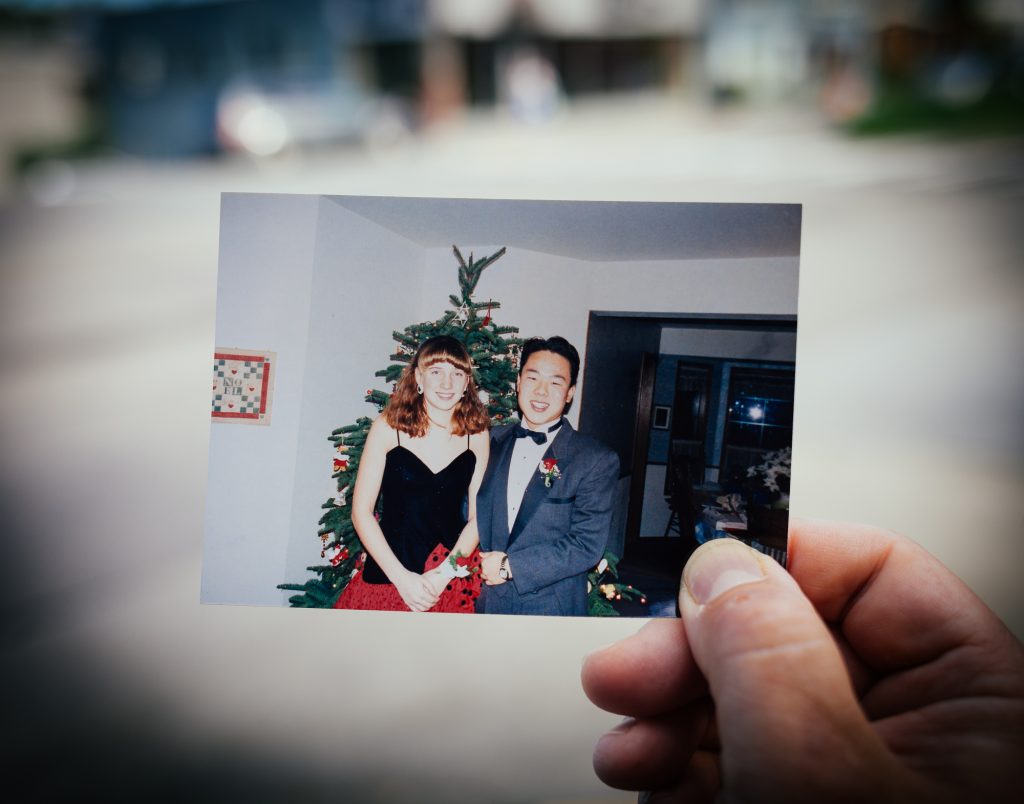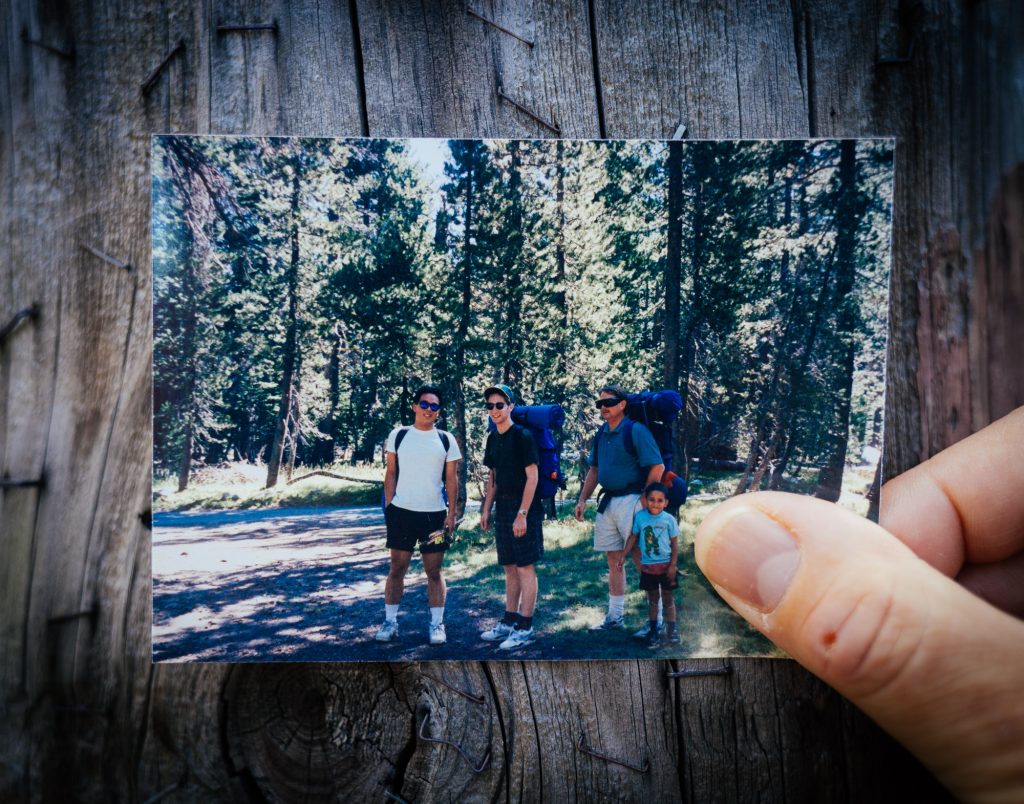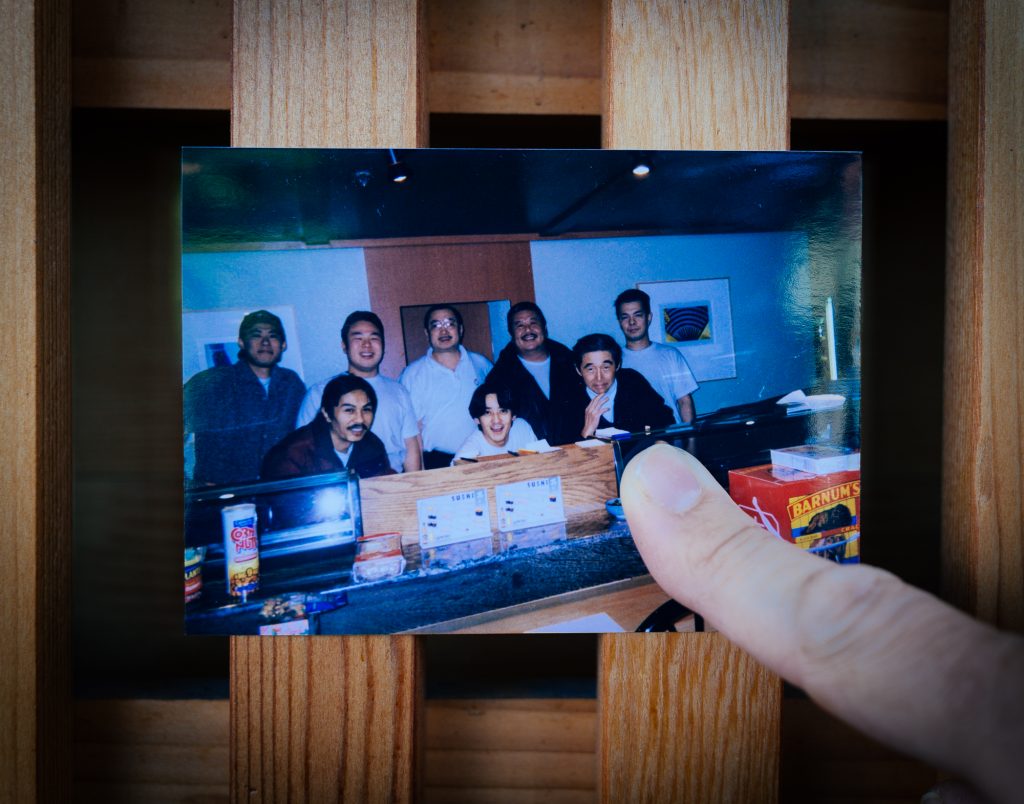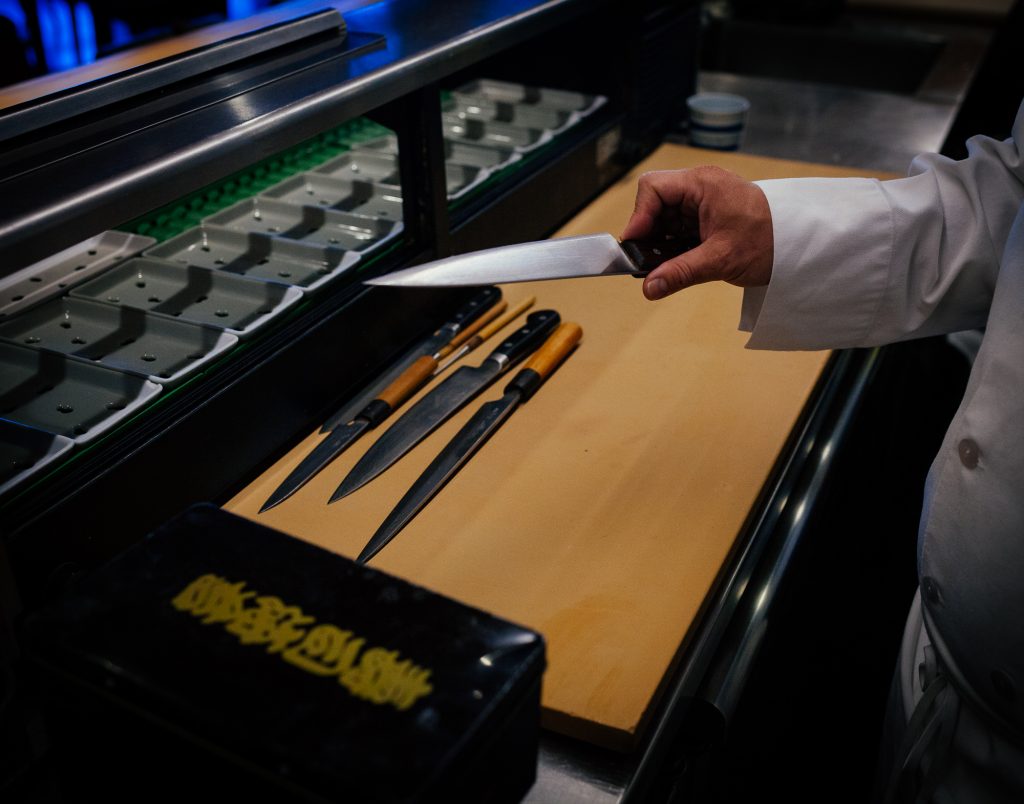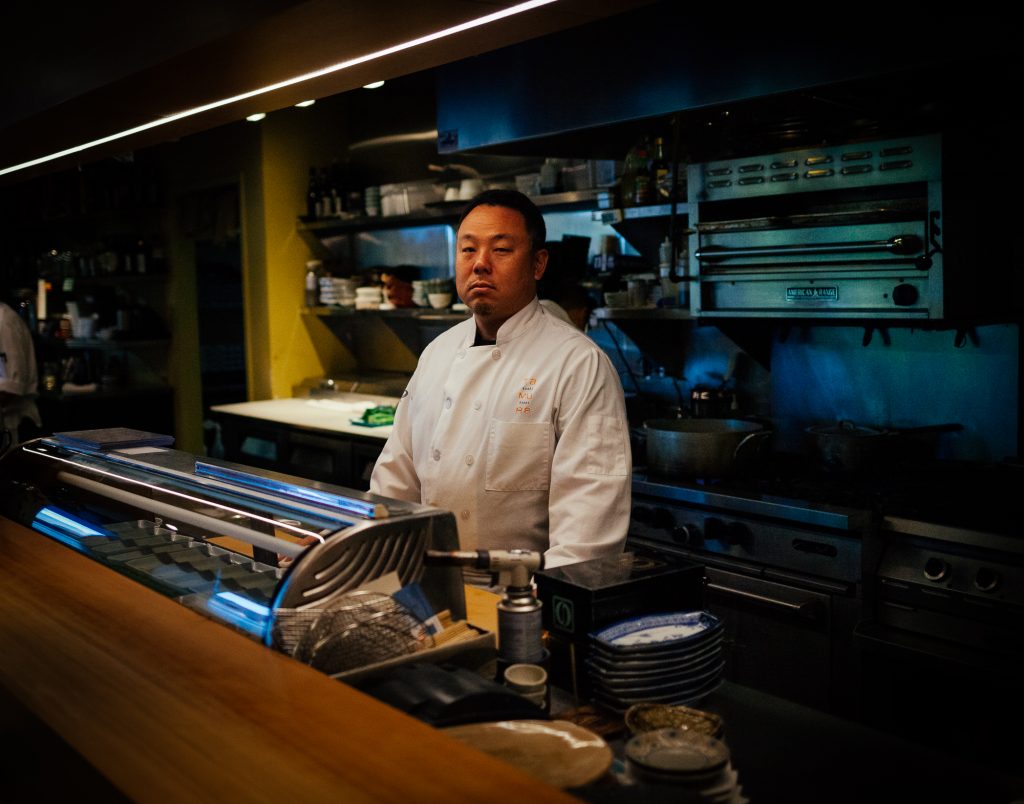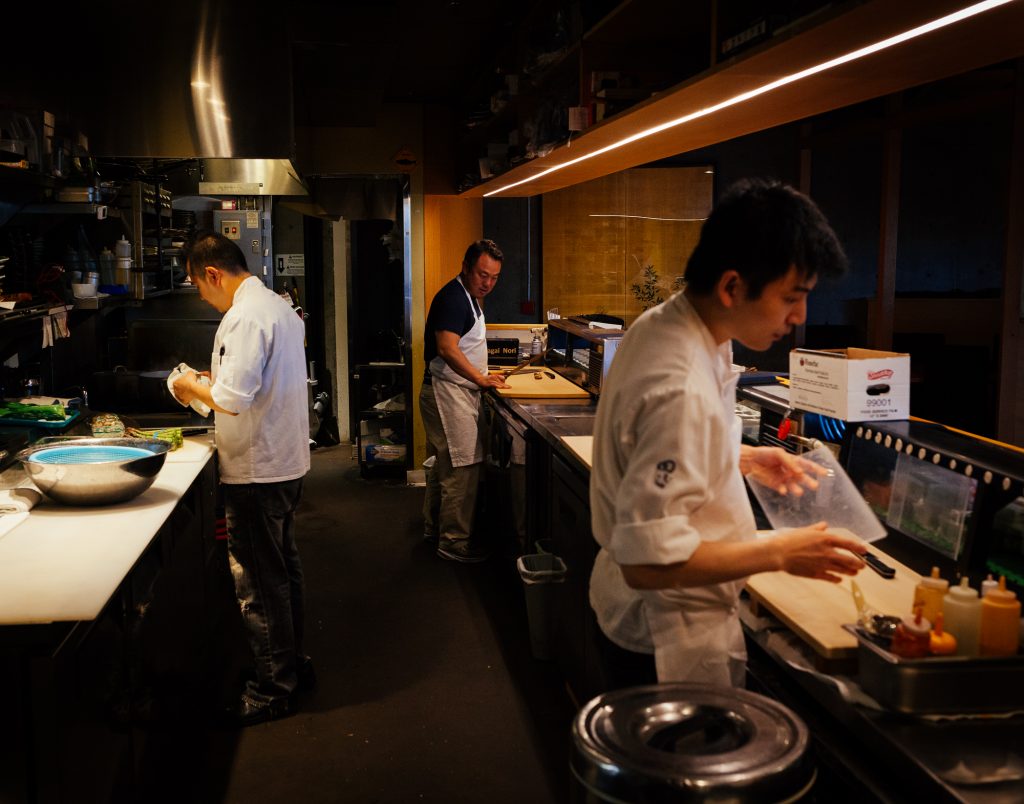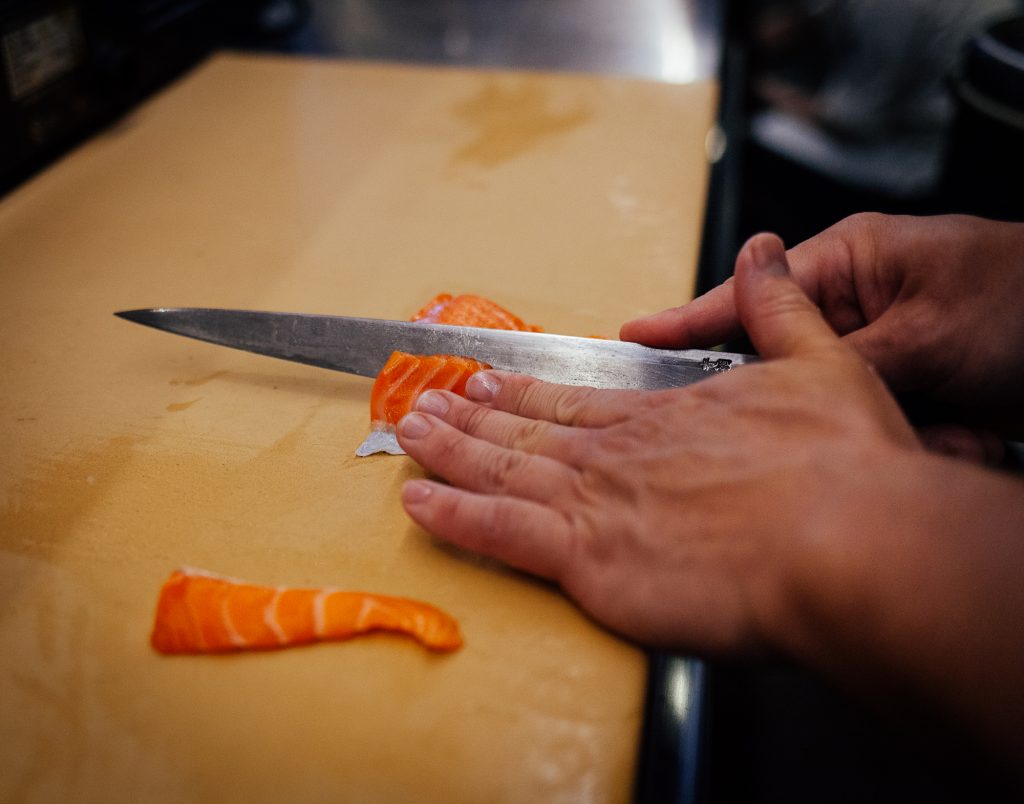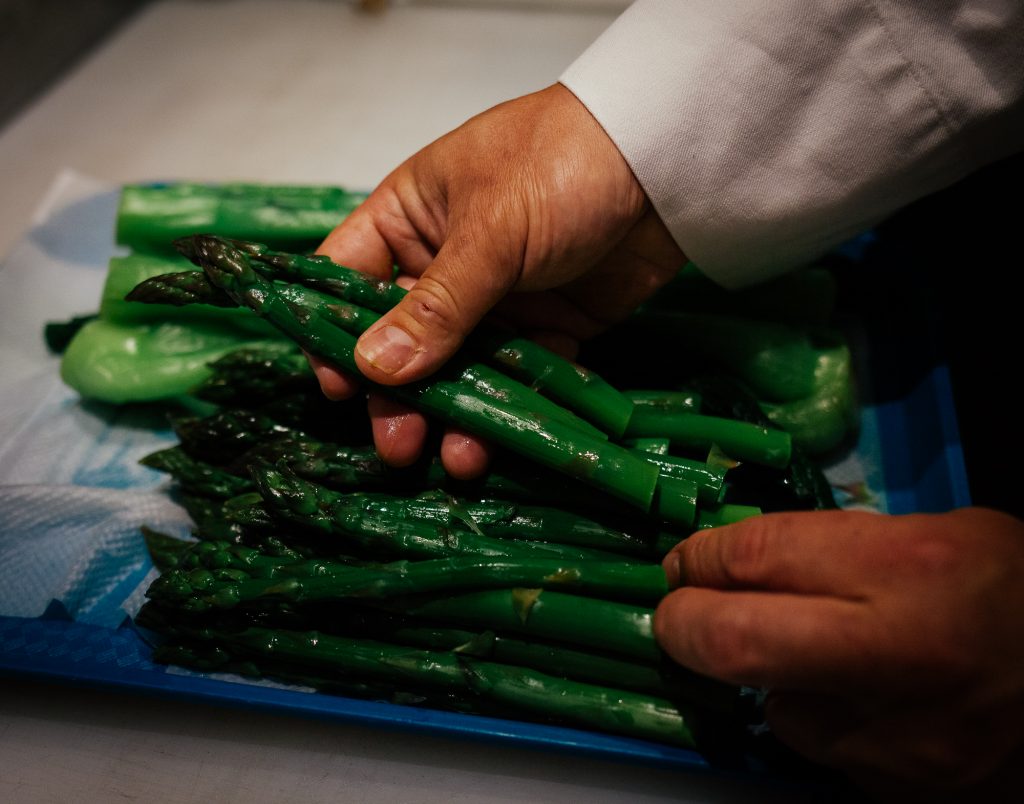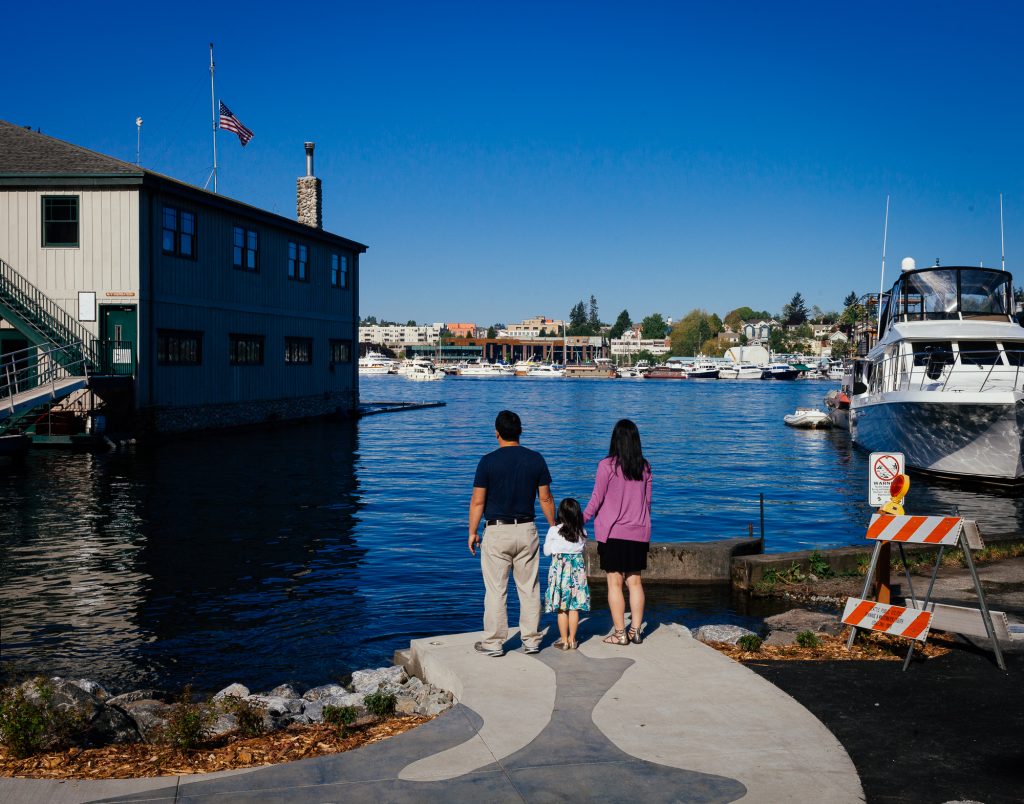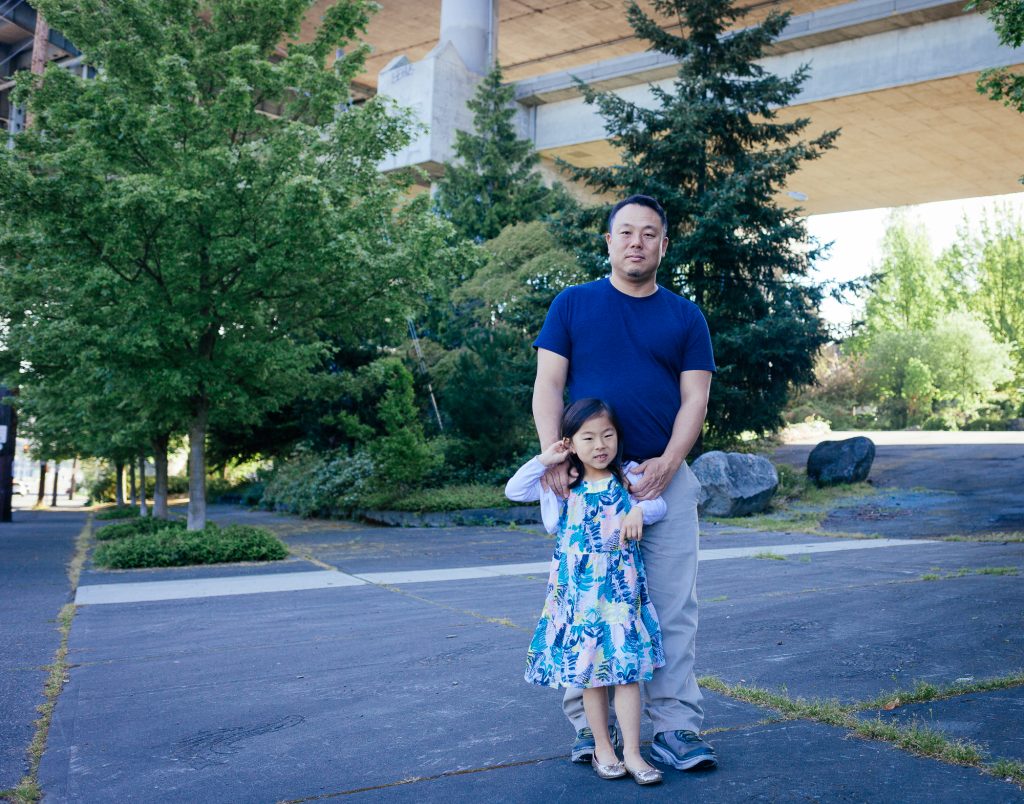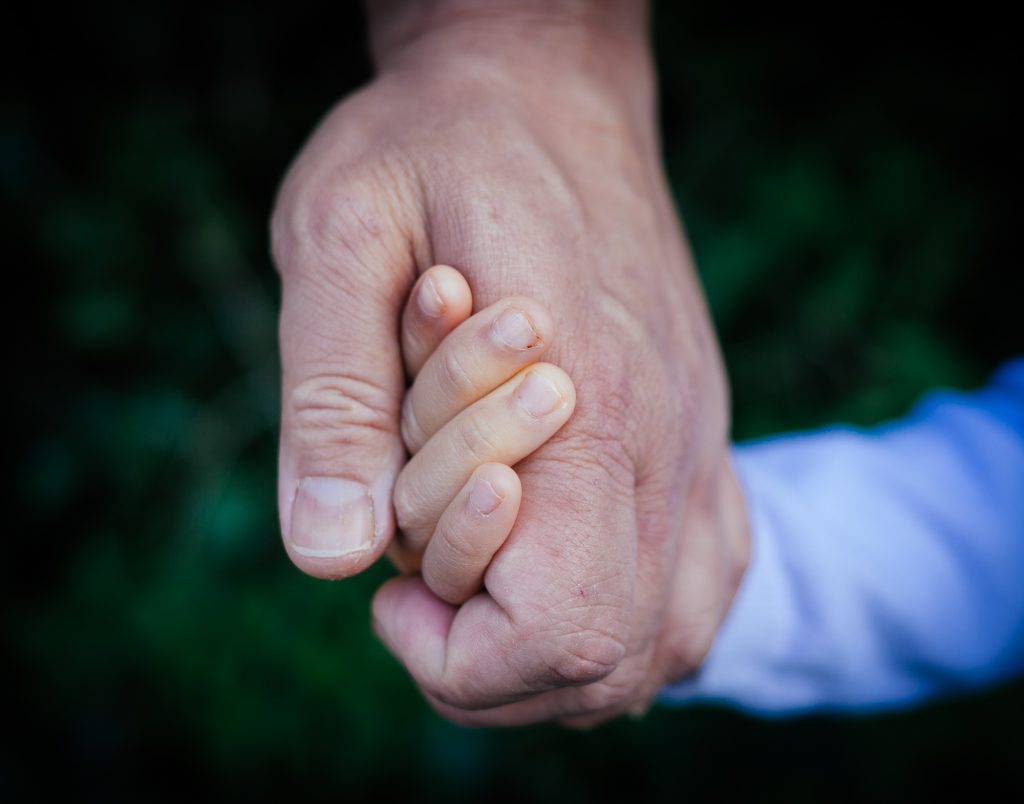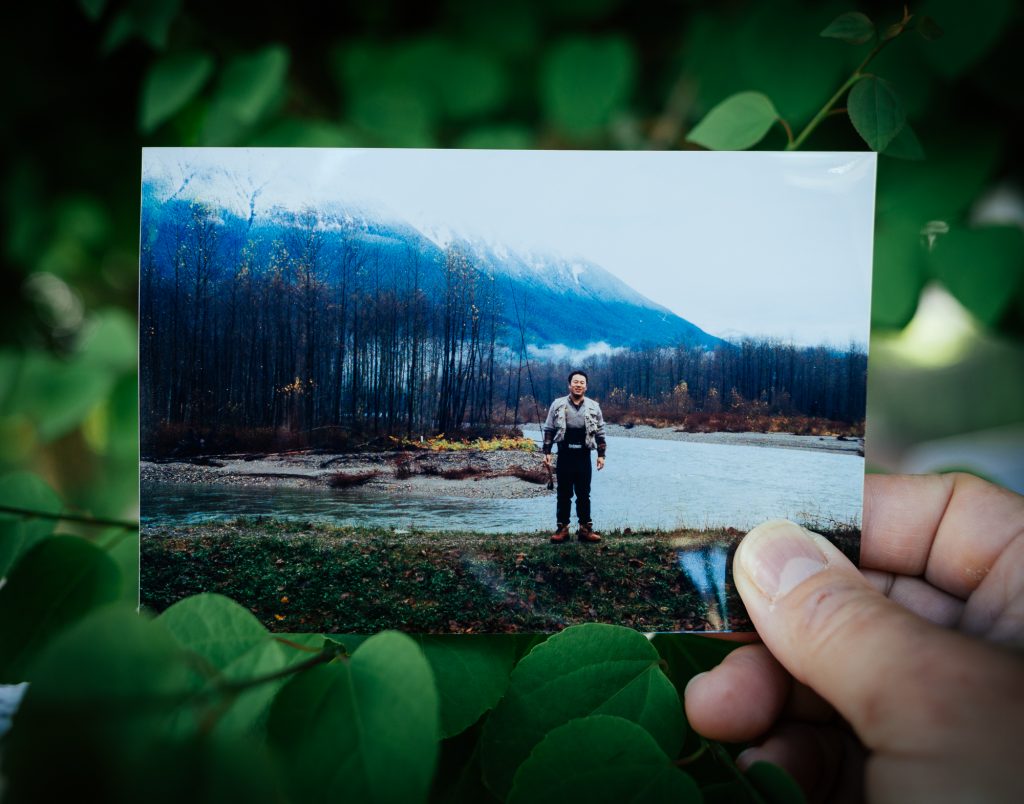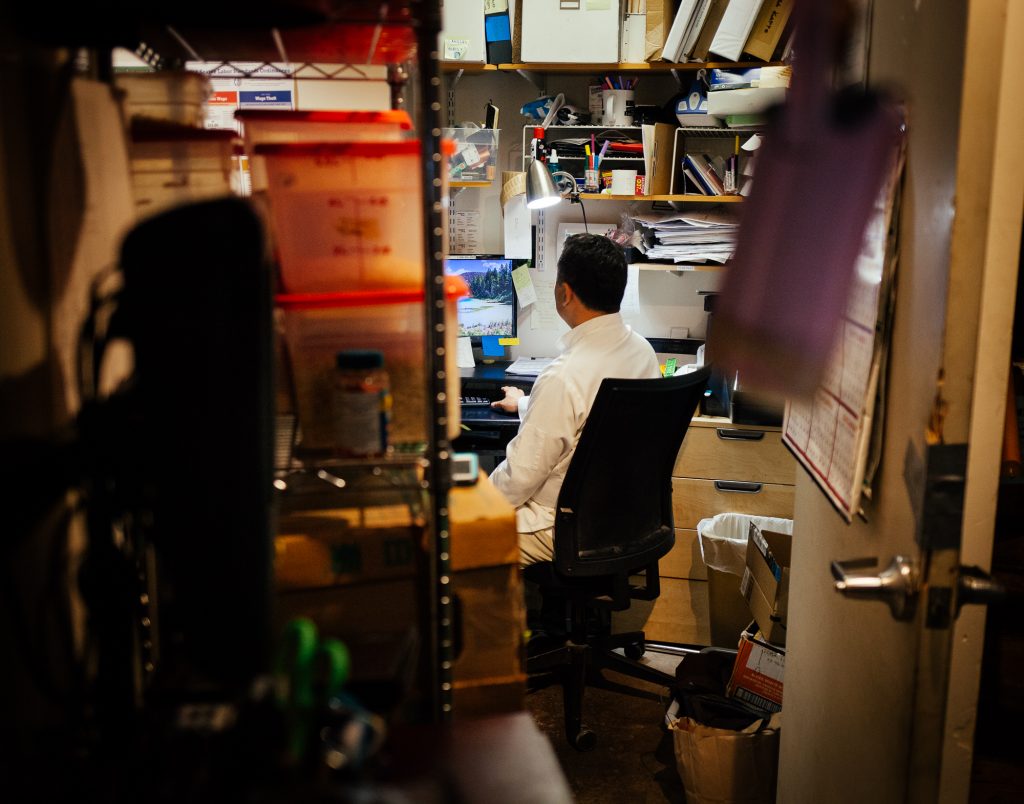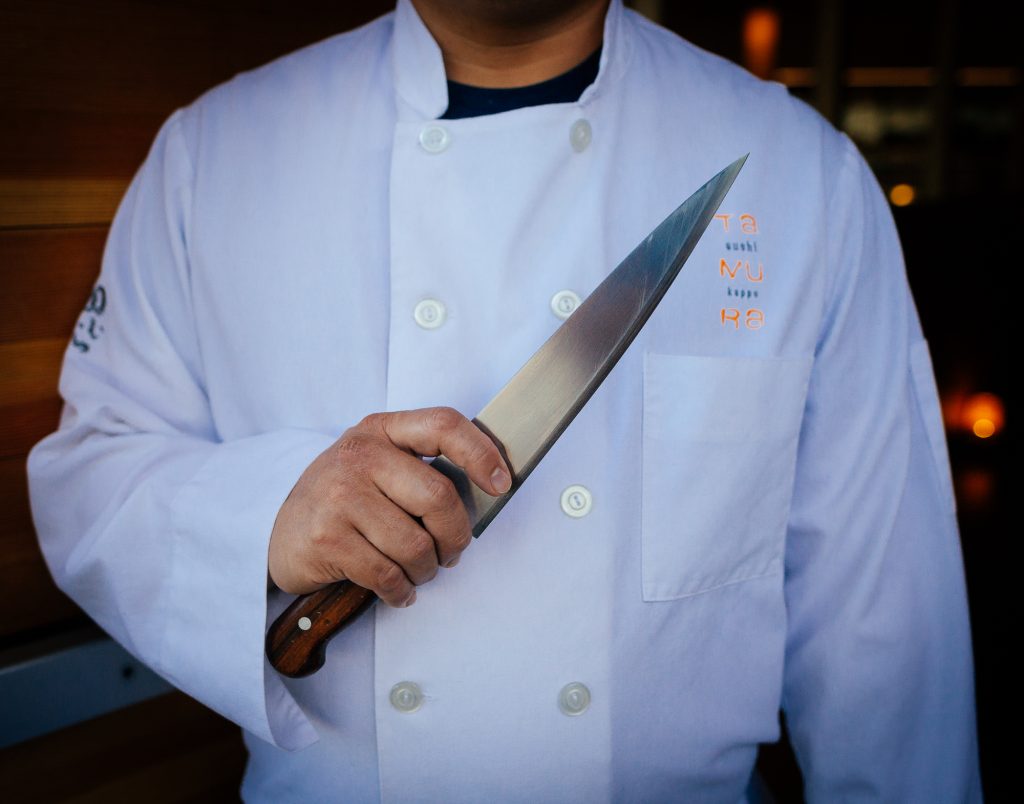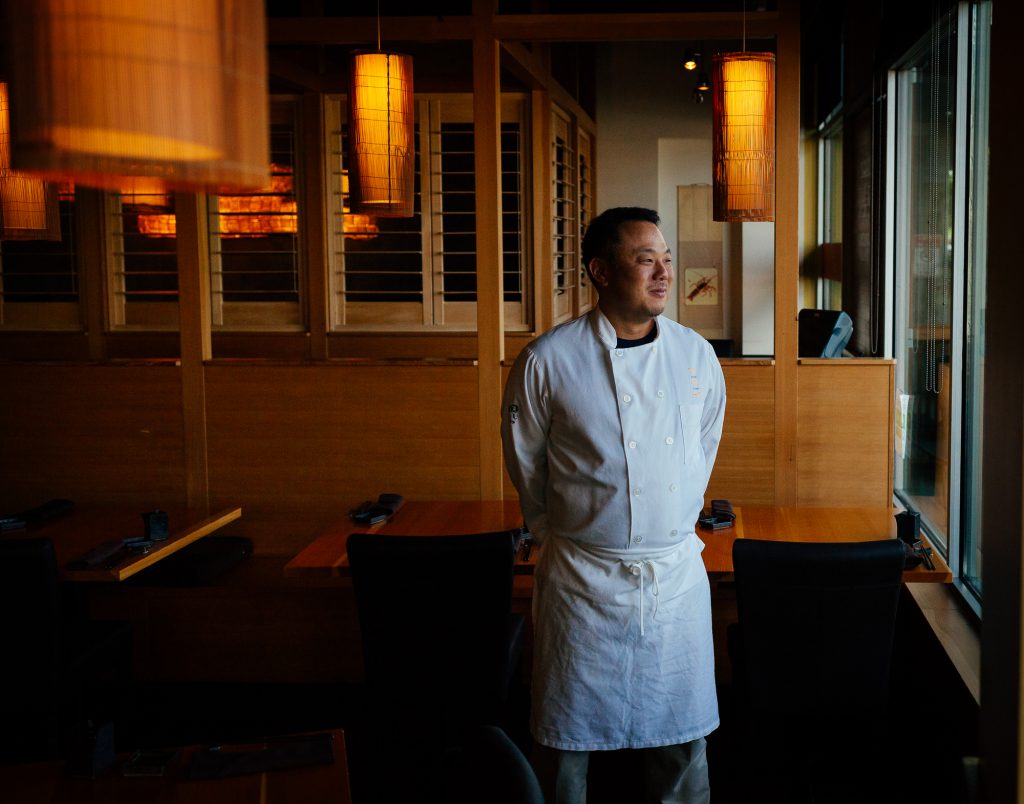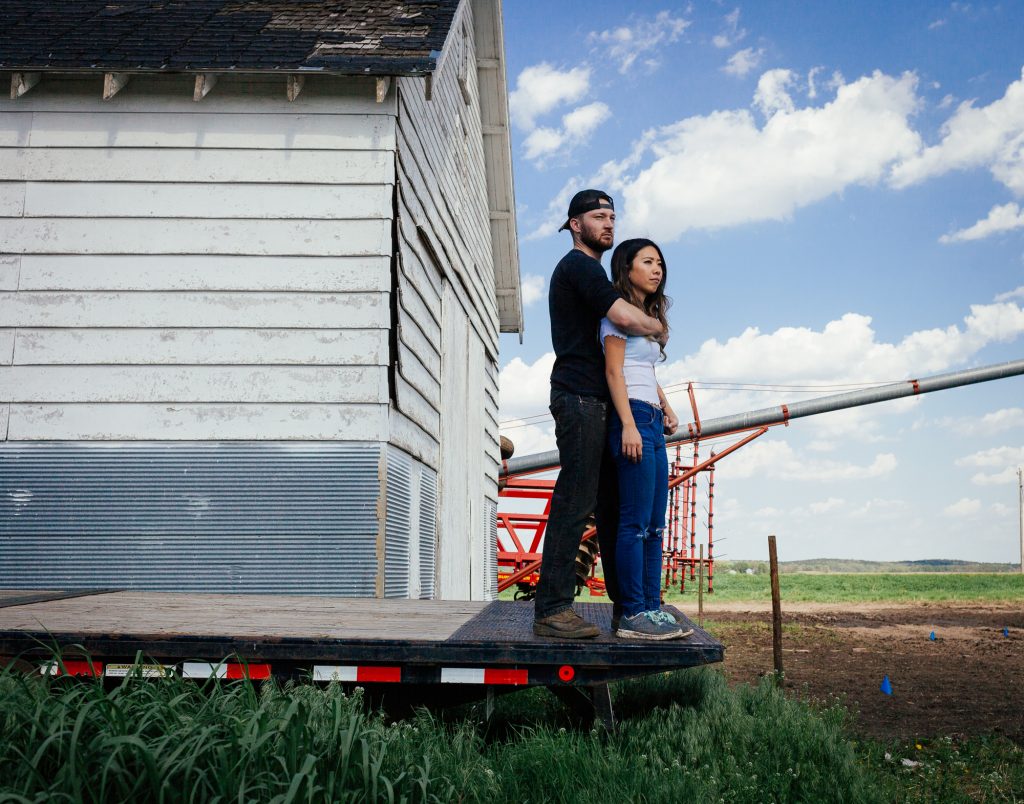
Childhood
Riho grew up in a quieter part of Tokyo, riding bicycles, running, hiking, and doesn’t consider herself a “city girl.”
When Riho was ten years old, her parents divorced. Her mother, who works in landscaping, raised Riho and her two siblings. Before the divorce, she thought her mother was weak, but afterward, she realized how strong her mother is.
“I respect her so much. She is the best mom ever.”

Riho went to university in Japan to study childcare. She had been volunteering at a nursery since she was ten years old, so it made sense to study something with which she was familiar. After graduating from university, instead of working in childcare, she accepted an office job, which she quickly realized she wasn’t going to enjoy.
English
When her sister went to the United States to study English, Riho’s mom encouraged her to do the same. Riho wanted a change so this seemed like a great opportunity. In 2017 she came to Hawaii to study English at an international language school. She loved how her fellow students were from so many different countries. Riho also loved Hawaii’s warmth, the beaches, shopping malls, and art. She couldn’t believe how many Japanese tourists there were in Hawaii.

Meeting Steven
It was in Hawaii where Riho unexpectedly met her future husband, Steven, who had only been out of the Marines for a couple of years. Steven had returned to Hawaii for a vacation, a place where he was stationed as a Marine. He was looking for people to hang out with while his friends were working and connected with Riho online. Riho was looking for a friend with whom to practice her English skills.

Steven was worried that Riho might hate that he had been in the military and had served in Okinawa, Japan. That wasn’t the case. When they met, Riho felt that there was something special about Steven. Even though she was still struggling with English, she was impressed that he understood her. (audio below)
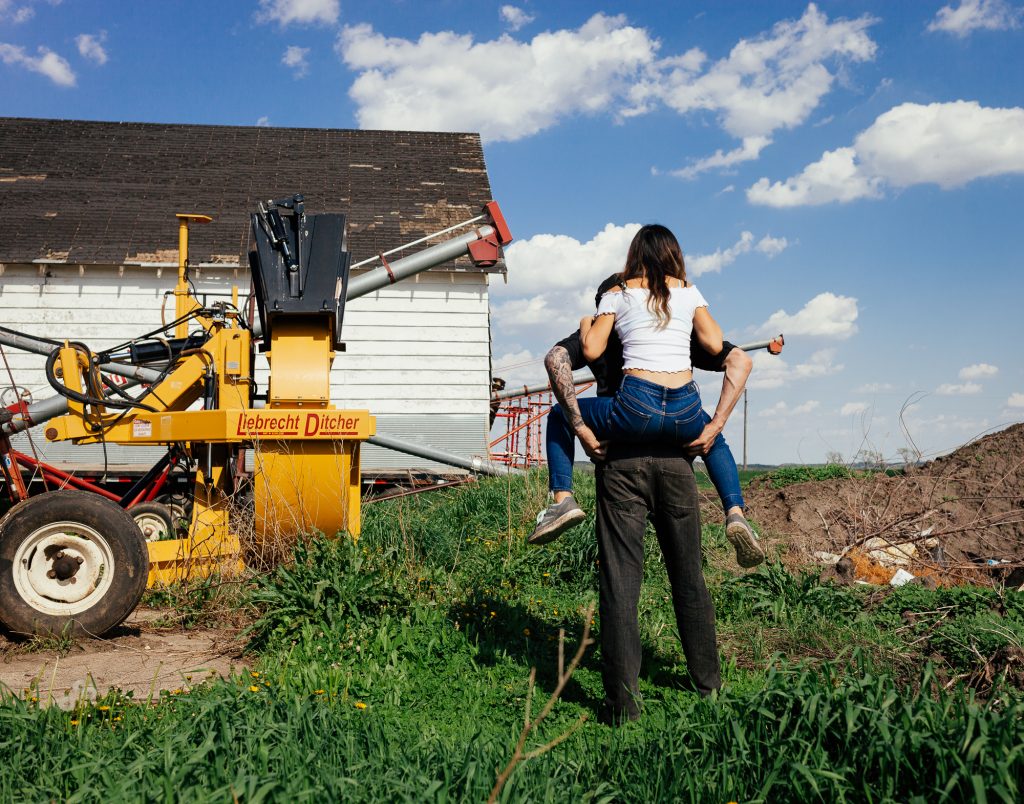
After that first meeting, they hung out every day until Steven had to return to South Dakota.
Before Steven left, he told Riho that if she wanted to, he would like to make this relationship work. From that day on, they texted and called each other every day. Two months later, he asked Riho to come to live with him in Elk Point. He told her how there was a University where she could continue her studies in English. Riho asked her mom if she could go.
“My mom was surprised but said, ‘if you want to go, you should go.’ I don’t have regrets. I came here for him.”
South Dakota
Steven tried to warn Riho about how cold it can be in South Dakota compared to Hawaii. But when she arrived on Christmas day 2017, it was snowing, and much colder than she was prepared for. (audio below)
“The first week we just spent inside as I adjusted to the cold. I missed Japanese food so much. Steven only has pizza, chicken, and super American food. I need rice! The first month was super hard for me regarding food. We worked out how to get Japanese food. Now almost every day, I cook Japanese food for him. I get it online.” (audio below)
The closest sushi restaurant is in Sioux Falls, which is about an hour’s drive from Elk Point and the nearest store to buy Asian groceries is two hours away.

Riho continues to study English at a nearby university. There are only two other students in her class: one from Korea and one from China. Elk Point is in South Dakota, but only five minutes from the border of Iowa. Riho describes it as having a big sky, lots of farms, a few houses, lots of cornfields, and is a place where everyone knows each other.
“If a car drives by, everyone says hi.”
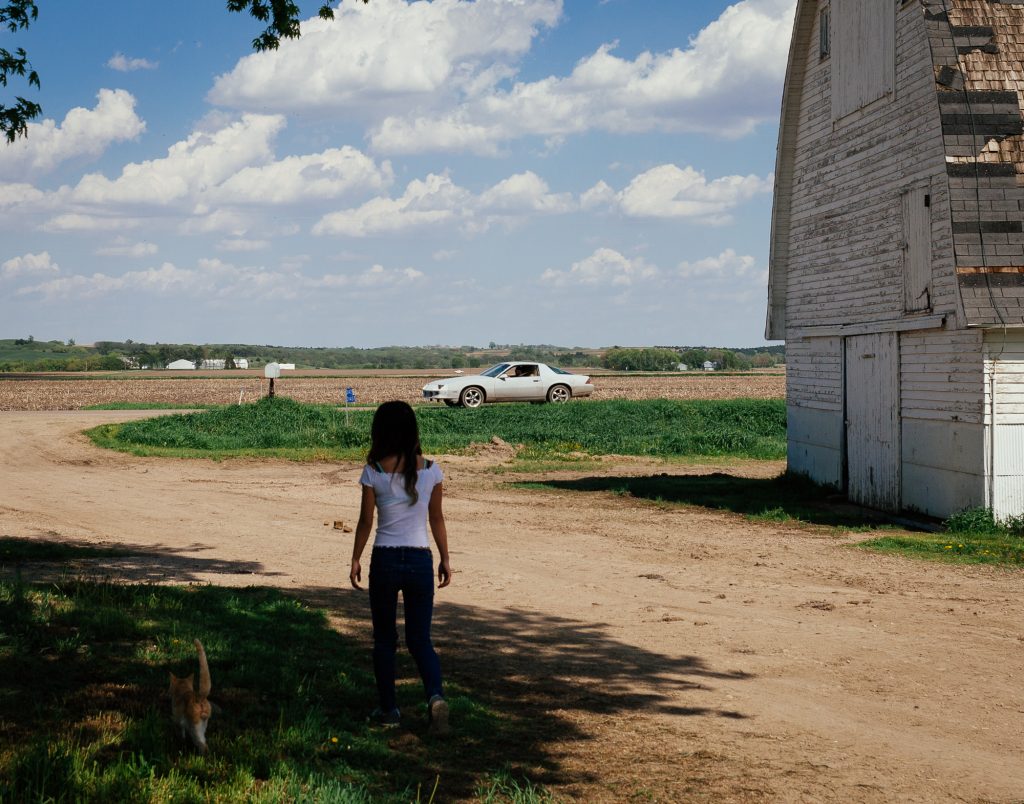
Steven describes the area as rolling plains where you can experience four seasons in one day.
“Just about everyone is nice and respectful. Lots of outdoor partying, four wheeling, and fishing. That basically sums it up.”

Steven’s family home is on a corn farm, and he works on another corn farm.
Marriage
After arriving in South Dakota, they were trying to figure out how Riho could stay in the United States. She thought about going back to Japan, and maybe they could see each other a few times a year. But they didn’t want to be physically apart. The options seemed to be either she finds a job, gets into a school, or they get married. They chose to get married. Steven is a quiet person, and Riho says a lot of his friends didn’t even know they got married.
Overall she has found the people in South Dakota she has met to be friendly.
“People look at me – ‘oh, she’s Asian! She’s Japanese; it’s so cool!’ Everyone asks me where I am from and how I find South Dakota? It’s not difficult to fit in here.” (audio below)
Steven was worried about what his mother would think of their relationship, but when he told her they were getting married, she was happy for him. His mom picks up Riho in the morning and drives her to the university for her classes.
It is hard for Steven to communicate with Riho’s family. He doesn’t speak Japanese, and they don’t speak English.
“I’m teaching him Japanese, but he only remembers crazy words!”

Typical Day
On a typical day, when Riho isn’t in school, she wakes up Steven at 5:45 in the morning so he can leave for work. She then goes back to sleep and wakes up around ten. She spends much of the day outside in the garden, and feeding and walking the animals. (audio below)
Because she doesn’t have a car, Riho cannot go anywhere, so she spends the rest of her day listening to music, playing with the cats, or playing the piano.

Steven says it feels like they have been together for longer than they have. He’s been a lot busier with her around, which he says isn’t a bad thing. There are many things Steven loves about Riho.
“Her smile, laugh, she doesn’t think about it, but every time I see her makeup on or off, she looks like a princess or queen to me. More beautiful than anyone I’ve seen. She makes my life a lot easier. She keeps me a lot more calm than I used to be.” (audio below)

Future
They haven’t had an actual wedding yet, but are hoping to have one soon. Steven plans on going to university so that he can be a better provider in the future. He is paying off debt and wants to get a new, more reliable car. He jokes how his current car usually has three different parts break every single day.

They are currently renting a home from Steven’s brother and dream of owning their own home in South Dakota. They are looking forward to getting the “immigration thing” over with, as it has been a strain. After Riho receives her green card, she will be able to get a job. She knows her childcare qualifications won’t be recognized here, and she doesn’t want to study for another degree, so she isn’t sure what she will do. Someday Steven would like to visit Riho’s family in Japan.

“I like being here. Since moving to Hawaii, I haven’t wanted to go back to Japan. Here everyone doesn’t care about time. In Japan, everyone cares about the time. I can’t be in Japan anymore because time is so fast”. (audio below)
*Update: Since the interview, Riho and Steven did have a wedding at the farm, and they moved to Missouri so Steven can study Engineering. Riho is still waiting on her green card.
#FINDINGAMERICAN
To receive updates on the book release and exhibition of “Finding American: Stories of Immigration from all 50 States” please subscribe here. This project is a labor of love and passion. If you would like to support its continuation, it would be greatly appreciated!
© Photos and text by Colin Boyd Shafer | Edited by Janice May & Kate Kamo McHugh. Quotes edited for clarity and brevity.





